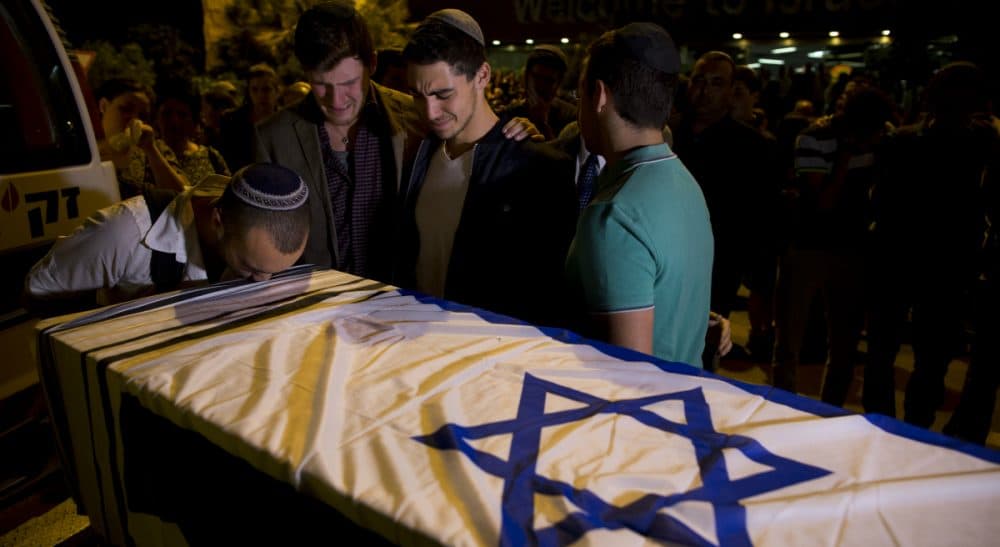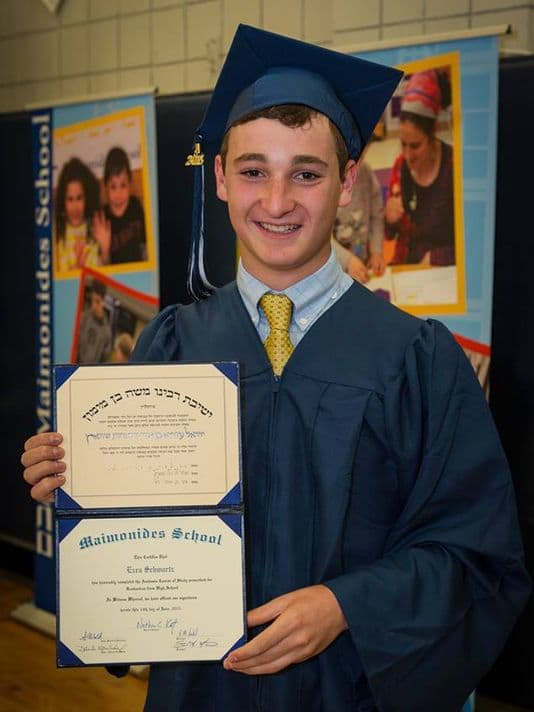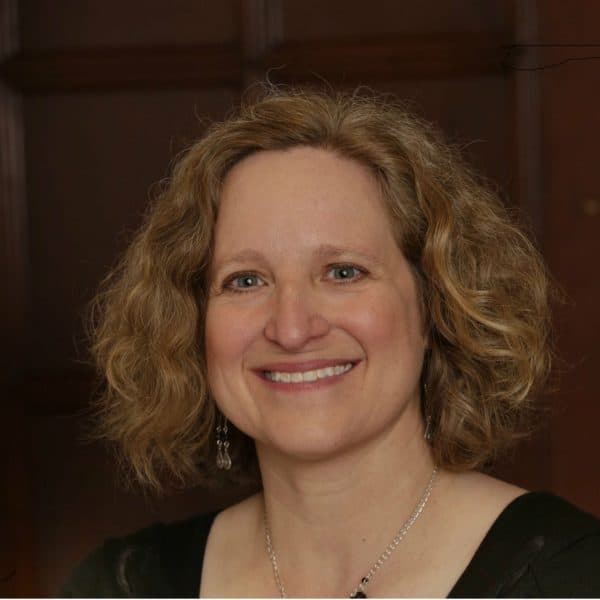Advertisement
Considering The Meaning Of Community In The Wake Of Ezra Schwartz's Tragic Death

I didn't know Ezra Schwartz. But this week, I’ve stared at many photos of him and wiped away tears.
Schwartz, just 18, was the victim of a drive-by shooting by a Palestinian gunman reportedly using an Uzi sub-machine gun. The Sharon, Mass., resident was killed in the West Bank as he traveled with a group that had delivered food to Israeli soldiers. He was spending a year in Israel before going to college, something oh so common for Jewish American teens.
That this 18-year-old is gone, killed in an instant in a country where he wanted to learn more about his faith, is senseless.
Friends' Facebook posts featuring Schwartz have reminded me of just how small the Jewish community can be. In one photo, Schwartz, along with two of his siblings, smiles as he grasps the hand of a pre-school-aged child at a Jewish summer camp in New Hampshire. That curly-haired young child grinning next to Schwartz is the son of good friends and the brother of a boy who was in my son’s kindergarten class.
While hundreds of mourners attended Schwartz’s funeral at a temple in Sharon on Sunday, I made my annual trip to the Israel Book Shop in Brookline, shopping for an upcoming Hanukkah party. Menorahs, along with a dizzying array of Hanukkah-themed pencils, stickers and tchotchkes, fill shelves, but I come for the sense of community the store gives me.
As I shopped, I could hear a live video stream of Ezra Schwartz’s funeral playing on a computer near the cash register. A speaker called his death "senseless," and the woman running the register repeated his words. “So senseless,” she said. Her eyes, like mine, grew wet. I nodded.

That this 18-year-old is gone, killed in an instant in a country where he wanted to learn more about his faith, is senseless. Two men, an Israeli and a Palestinian, were killed in the same attack. It is senseless that Schwartz’s parents are now without a son, that his four siblings are without a brother. His death and the deaths of hundreds of other innocents by terrorists in recent weeks are all so senseless.
Schwartz’s death affected me in a personal way, too. I envisioned my own son and other young members of our extended family, a decade from now, visiting cousins in Israel or studying there for a year. I struggled to hold back tears for fear of the fates of other young people I knew in Israel and for those who would follow in Schwartz’s footsteps.
I thought, too, of Schwartz’s family. Ezra Schwartz's sister, Mollie, spoke at his funeral service. Just 21 months older than her brother, she described him as her best friend and confidant. I lost my brother — also my best friend and confidant — when we were both in our early 20s. It was three years before I felt that I wasn't living with my brother’s death hovering over me, my gut aching because I so missed his easy-going personality, his big-toothed smile and his love. I felt that I knew something of Mollie Schwartz's pain.
After a loss, Judaism compels us to spend a week of mourning called shiva and let others provide comfort. We’re supposed to take time to grieve, and let others help. I never did that — it would be two decades before I embraced Judaism. I'm glad, at least, that Mollie Schwartz can feel the embrace of her community.
Community can include those inside our houses of worship but also our neighbors, colleagues and anyone who touches our lives.
The day after Schwartz's murder, Imam Abdul Rahmam Ahmad of the Islamic Center of New England in Sharon, sent a letter of condolence to the Schwartz family and Sharon’s Jewish community. “While the victims of such a horrific event would evoke my sympathy wherever it occurred, knowing that they are members of our local community makes the loss all more poignant,” the imam wrote.
With his words, the imam reminded all of us of the power of community, which comes in many forms. Community can include those inside our houses of worship but also our neighbors, colleagues and anyone who touches our lives.
